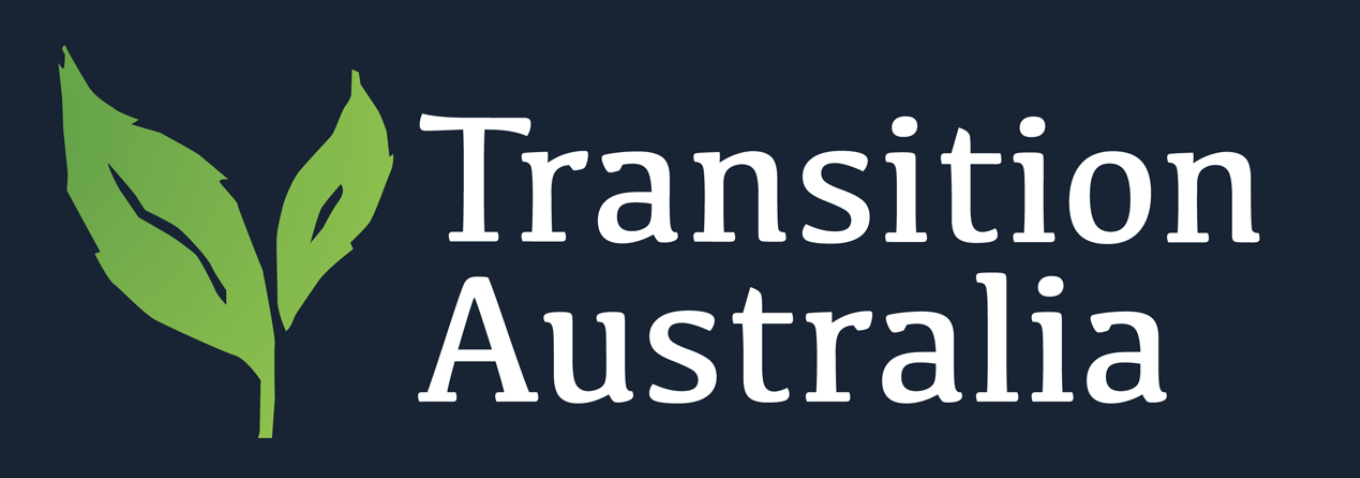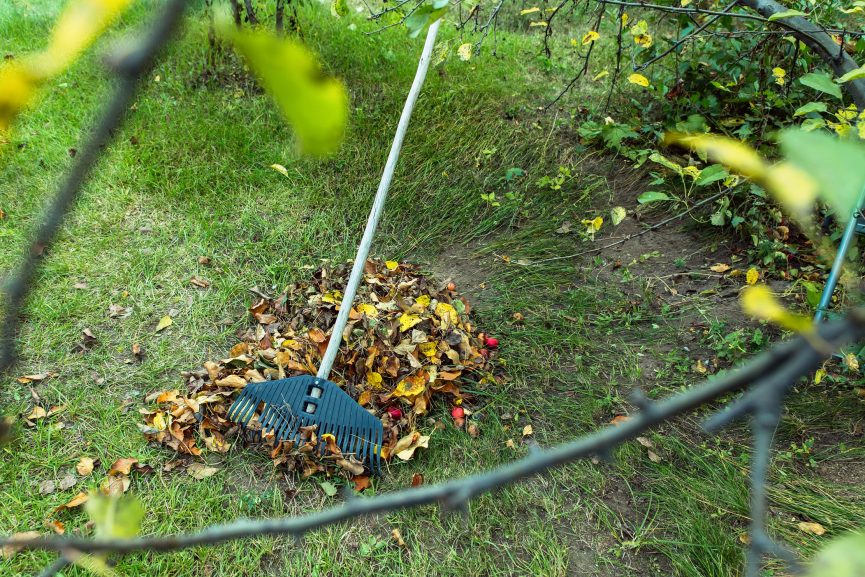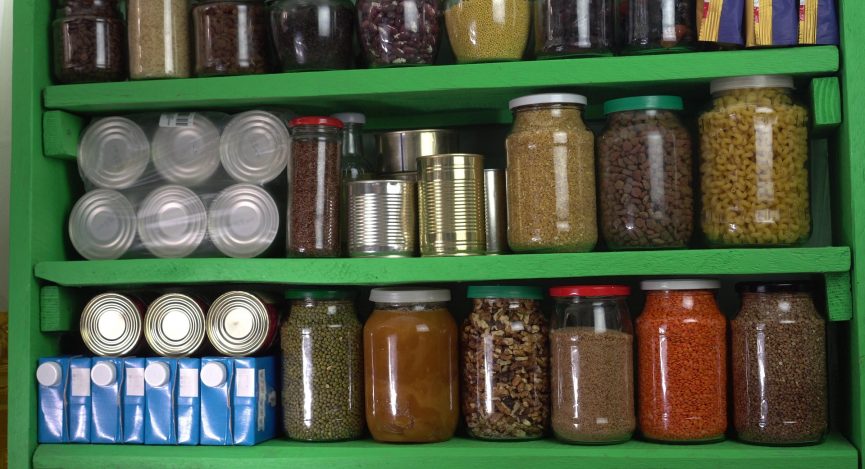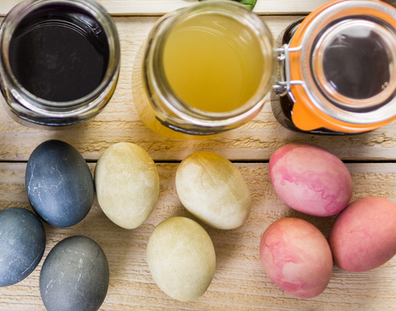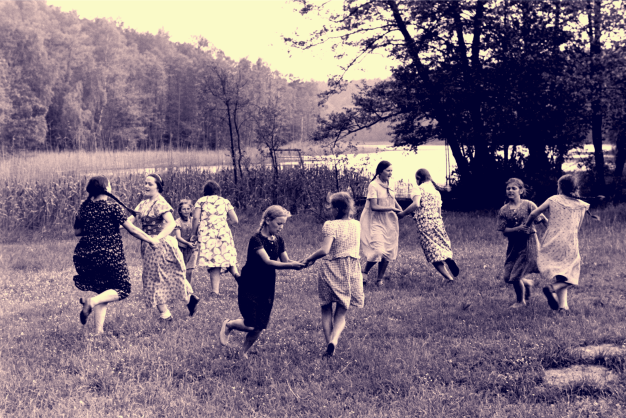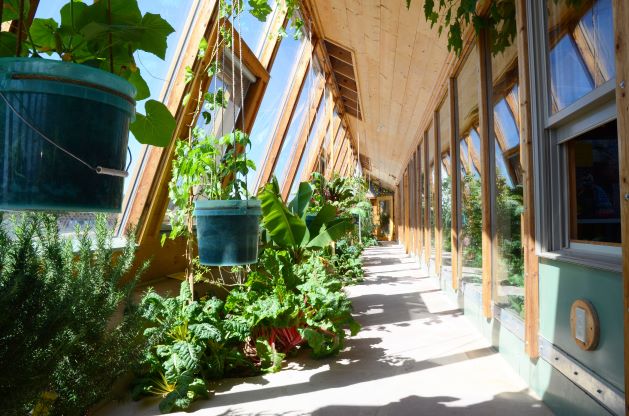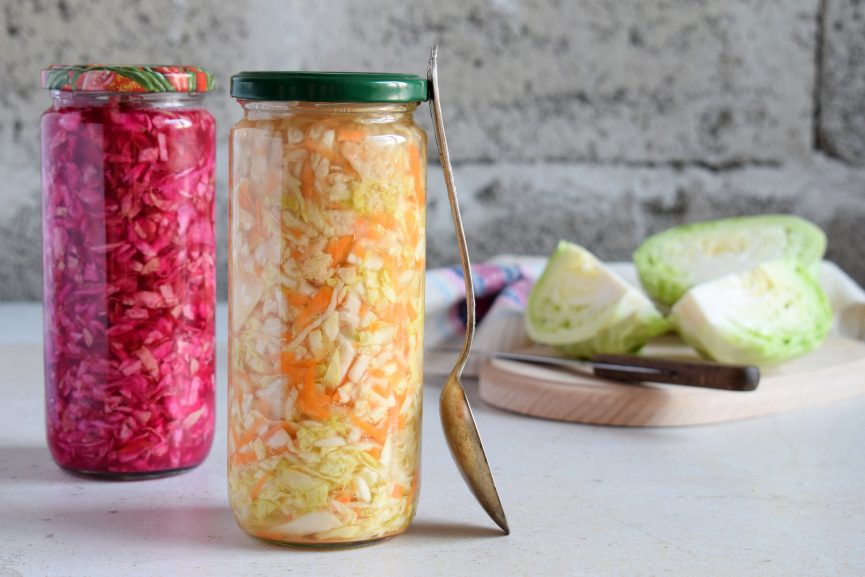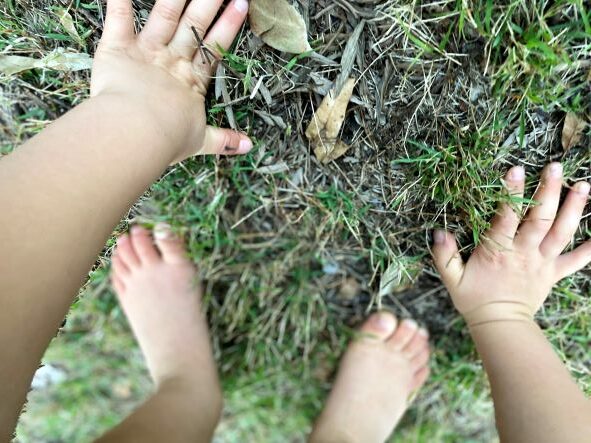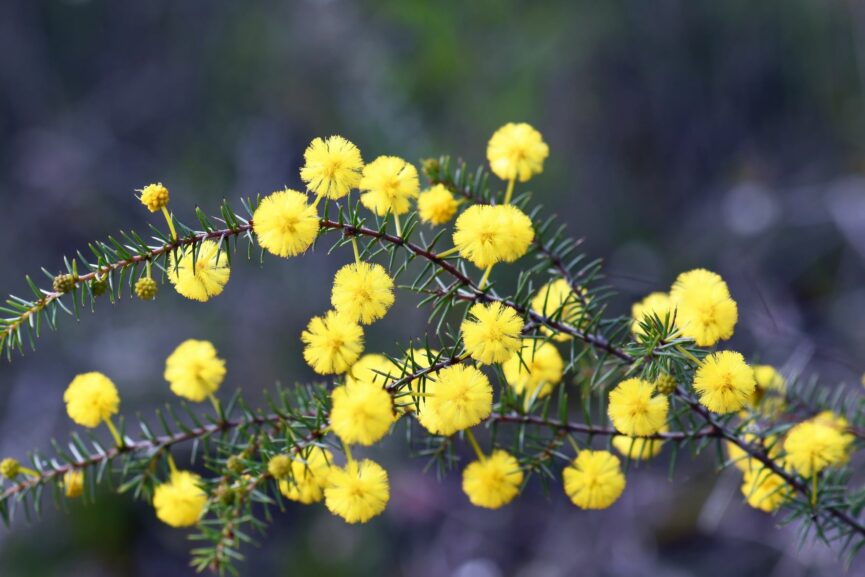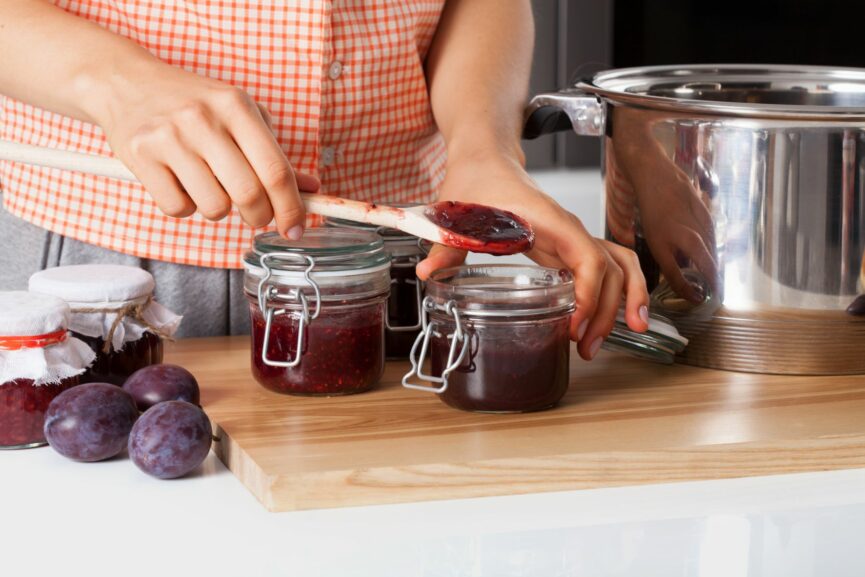Apples Do you have an apple tree growing near you? If you live in Banyule then a wonderful day trip is to head out to Petty’s orchard. If you keep an eye out on their social media page you may even be notified when they are open to the public for taste testing their extensive range of apples. They also … Read More
B is for Book Week, Bushwalking, Buy Nothing and Buy in Bulk
Book Week Do you want to enjoy Book Week but don’t want to add to your footprint? Start planning, sourcing and sewing/creating well in advance. Here are some ideas you can use to tread lightly during Book Week: Up-cycle what you already have in the house Buy pre-loved online or from your local op shop Make some face paints by … Read More
C is for Celebration, Communication, Compost, Cooking from Scratch and Cultural Safety
Celebration We all love to celebrate and regardless of the occasion it is made all the more special when we consider how we can decrease our footprint while getting our party on. Reimagine birthdays by taking along a low waste picnic to a local park. An example is a birthday celebration that we organised at Price Park, Viewbank. Guests were … Read More
D is for Dancing and Decluttering
Dancing Recently I participated in an international book group that discussed the book, ‘Surviving the future’ written by David Fleming. What was interesting about this book was the emphasis placed on celebration, ritual, music and dance. I began to wonder what is available locally here in Banyule? While I haven’t experienced her classes myself I discovered that here in Macleod … Read More
E is for Edible Gardens, Electricity and Earth Buildings
Edible Gardens Growing up I associated edible gardens with growing lettuce and carrots and other fresh produce that we find in the aisles of our local green grocer. However, as I attended Indigenous led workshops about food, my perception changed. I learnt that many of the common native plants that grow all around us also provide us with the gift … Read More
F is for Fermented Foods, Local Food and Flowers
Fermented Foods Treading more lightly is supported by harnessing the power of bacteria and fungi to enhance the nutrition of foods. This is the ancient practice of fermentation. Fruit vinegar, kombucha and sauerkraut are easy ferments that everyone could make. They are a common starting point for many people’s exploration of traditional foods and reconnection with the cycles of life. … Read More
G is for Gifts and Gratitude
Gift giving in a way that doesn’t cost the earth is first and foremost a cultural hurdle. Every day we are bombarded with propaganda telling us that purchasing ‘new’ gifts is a good thing when actually the contrary is true. To help with this cultural shift it is helpful to surround yourself with people who are already in the grove … Read More
H is for Healing Country, Hard Waste and Housing
Heal Country This year’s NAIDOC week theme is ‘Heal Country’. Have you considered what we can do both as individuals and as a community to look after country here in Banyule. Local resident Megan has shared some of the everyday things that she does to responsibly look after country. One way to heal country is to get involved with your … Read More
I is for Indigenous Plants and IPCC
Indigenous Plants Providing habitat and forage for local fauna, less garden maintenance and connection to place are common reasons local gardeners opt for Indigenous plants. Enjoying the flavours of edible varieties is another great motivation for growing these often underrated plants. There are thousands of edible plants native to Australia and many grow in Banyule. Some of our favourites include … Read More
J is for Jam, K is for Kids
J is for Jam A few times a year I walk past a fruit tree (usually a cumquat or plum) growing in a someone’s front yard untouched with fruit laying rotting on the ground. My daughter insists on knocking on the door to ask if we can pick some to make jam. So far not a single person has said … Read More
